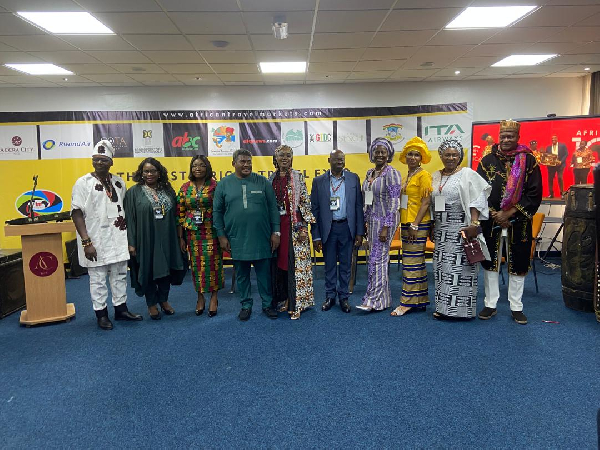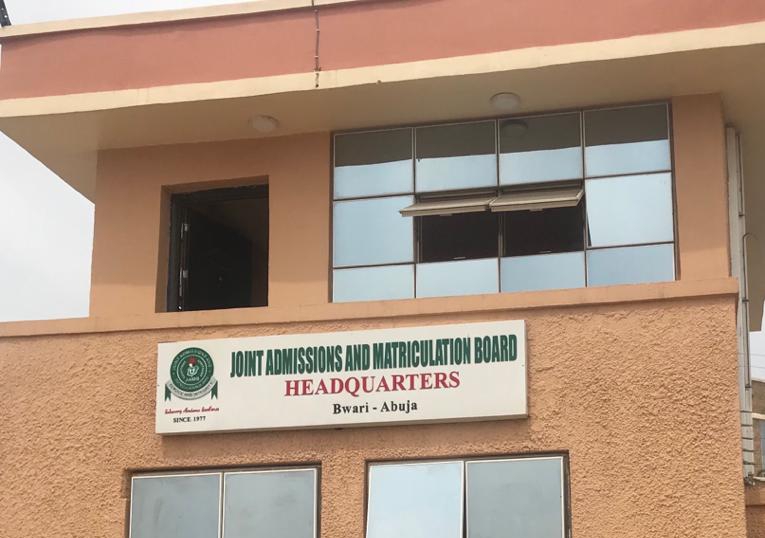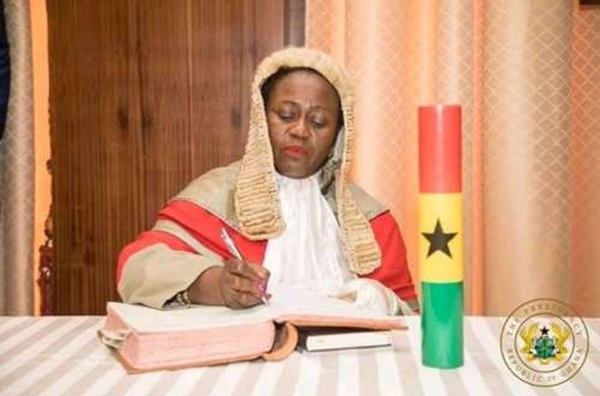'Fix visa, border and transport challenges to unlock West African tourism '- Yvonne Donkor
Some of the stakeholders at the Accra Weizo Travel and Tourism Expo
The President of the Tour Operators Union of Ghana (TOUGHA), Yvonne Donkor, has emphasised the urgent need for improved cross-border tourism policies and regional cooperation to stimulate intra-African travel.
She made the call during the 8th edition of the Accra Weizo Travel and Tourism Expo, held in Accra under the theme “Seamless Travel in West Africa: Opportunities and Challenges,” on June 27, 2025.
Delivering a goodwill message, she highlighted the importance of reimagining the ECOWAS Free Movement Protocol to ensure it is more effective in today's evolving travel landscape.
“The free movement of people, goods, and services is essential to economic growth and cultural exchange. However, we must collectively rethink how the ECOWAS protocol is being implemented to better serve regional tourism and trade,” she stated.
She underscored TOUGHA's commitment to policies that promote cross-border tourism and empower local operators in a competitive yet unified regional market.
During a panel discussion, she outlined three major limitations affecting travel and tourism in West Africa:
1.Visa Challenges: Although some progress has been made, inconsistencies in visa policies across ECOWAS member states hinder free movement and frustrate travelers.
2.Border Bottlenecks: Travelers often face extortion, harassment, and delays at border points due to inefficiencies and unprofessional conduct by officials.
3.Poor Transport Connectivity: Inadequate road networks, underdeveloped rail systems, and limited direct flight options have made inter-country travel costly and inconvenient.
“These issues are closely tied to the weak implementation of ECOWAS protocols,” Donkor added.
“Member states are not fully upholding their commitments, and there is a lack of checks and balances. Without proper monitoring and enforcement, the vision of seamless regional travel remains out of reach.”
She also stressed the need for increased public awareness and training for border and immigration officials to prevent misinformation and promote citizen rights under the ECOWAS protocols.
“With greater education and public awareness campaigns, citizens will know their rights, and officials will better understand how to handle travel-related issues professionally.”
Also speaking at the event was Maame Efua Houadjeto, CEO of the Ghana Tourism Authority (GTA), who delivered the keynote address on behalf of the Minister of Tourism Arts and Culture.
She reiterated Ghana’s bold and inclusive vision for tourism, highlighting plans to make tourism a central pillar of national development.
“The future of tourism in Ghana is people-centered. It must support local enterprise, elevate communities, and promote sustainability,” she said.
Houadjeto noted Ghana’s ongoing investment in green tourism infrastructure such as eco-lodges and game parks, aimed at creating environmentally responsible travel experiences while generating employment.
She also called for harmonized visa regimes across West Africa, improved infrastructure, and stronger public-private partnerships to fully unlock the potential of regional tourism.
“Tourism is about storytelling, for too long, Africa’s story has been told by others. Now, we must own our narrative and use tourism as a tool to reconnect with our heritage and reshape global perceptions.”

AM/KA
GhanaWeb Special: The gold market that fuels galamsey











